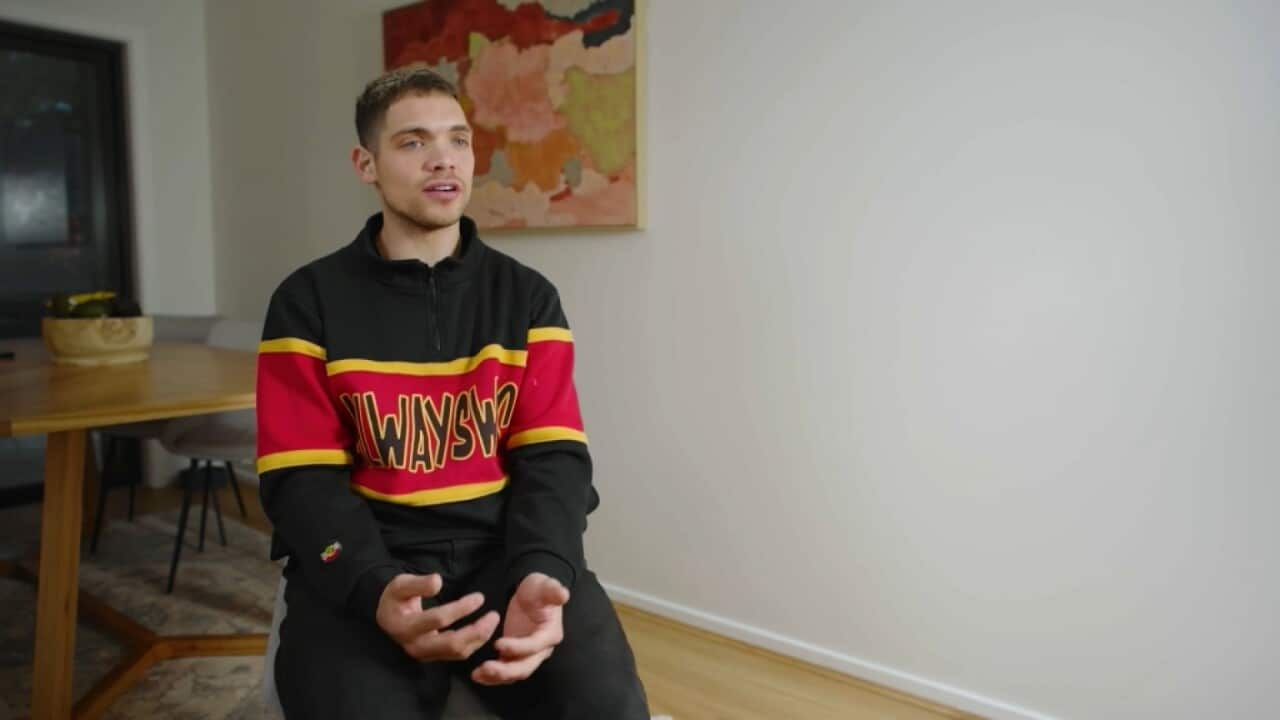Mr Briggs endured six months of stress because he had been registered as a director of the Indigenous arm of an electrical contracting business.
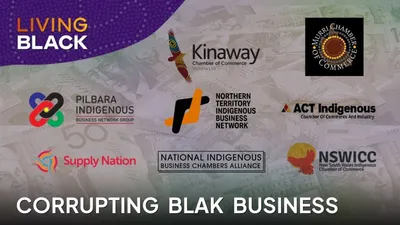
The business was sold to me in the best way. A not-for-profit, Indigenous operated electrical organisation that would create platforms for Aboriginal and Torres Strait Islander people to embark on a career that helps change lives.”
What is black cladding?
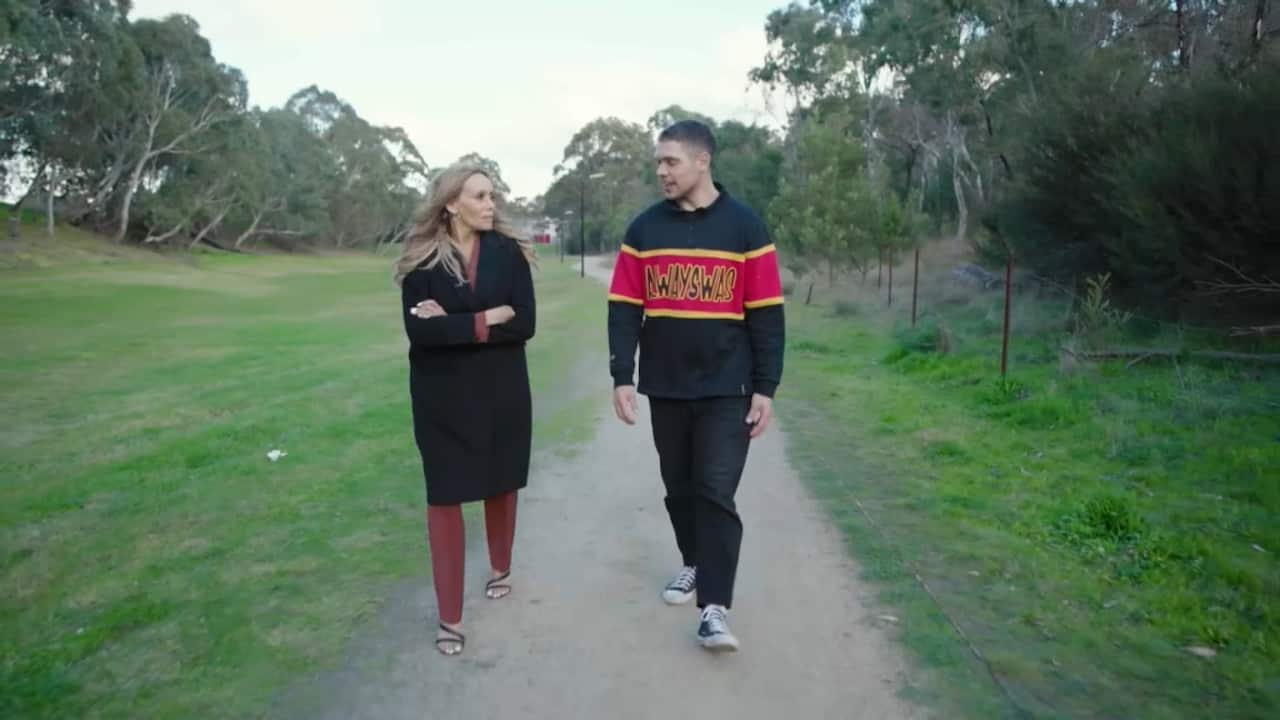
Koolyn Briggs speaking with Living Black’s Karla Grant Source: NITV / Living Black
‘Black cladding’ is the term which is being used to describe a practice by which an Indigenous face or faces are put on a non-Indigenous business with the express purpose of winning government or corporate contracts.
Koolyn Briggs, who said he was never invited to company board meetings, let alone paid, sought good legal advice, fought the tax office – and very recently won. However other Indigenous former directors of the company, which is in liquidation, still face massive tax bills.
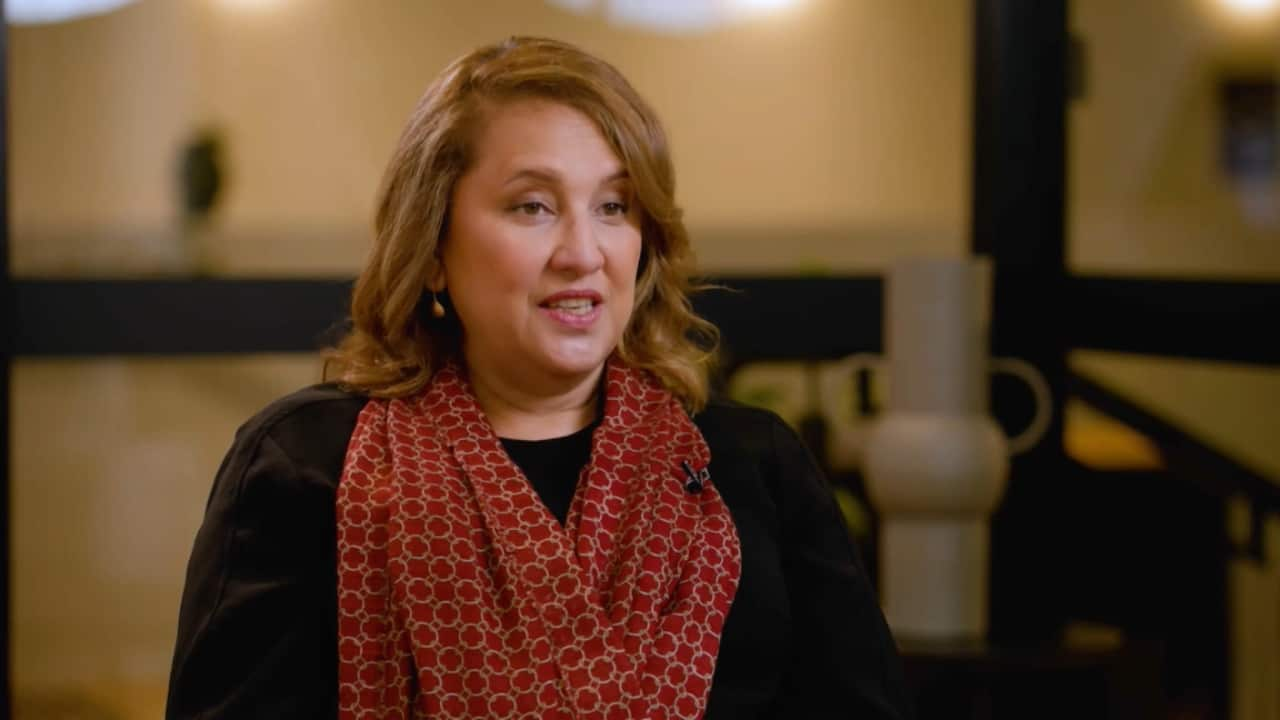
Blax Capital’s Katja Henaway speaking with Living Black Source: NITV / Living Black
Indigenous business consultant Katja Henaway of Blax Capital and Politics in Colour said, “I have seen black cladding tearing families apart, because of the stress that it puts on to the Indigenous business owner. It can be incredibly traumatising, not just for the business owner, but the people they care for and the people that they support through their business.”
While he rejects such approaches outright, despite the money on offer, he worries that people are being caught up in situations for which they are not prepared.
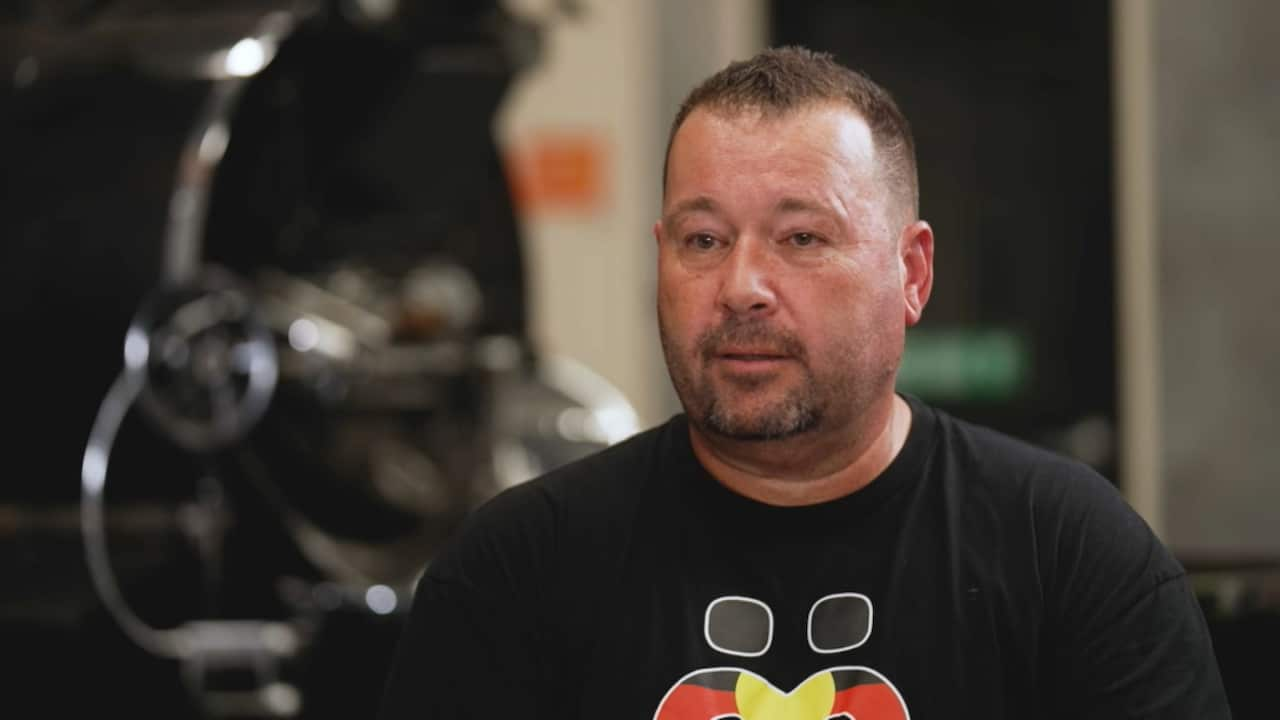
Adam Williams of Bunji Enterprises speaks on Living Black Source: NITV / Living Black
“I have really big fears that if they sign on as a [company] director and they’re not involved in the business day to day, they’re just the 51% owner according to ASIC (the Australian Securities and Investment Commission) that the other party’s going to run up bills on this mob and they’re not going to know it’s coming,” he said.
“And I think once a few people get prosecuted for fraud, I think a lot of the general narrative around black cladding would go away.”
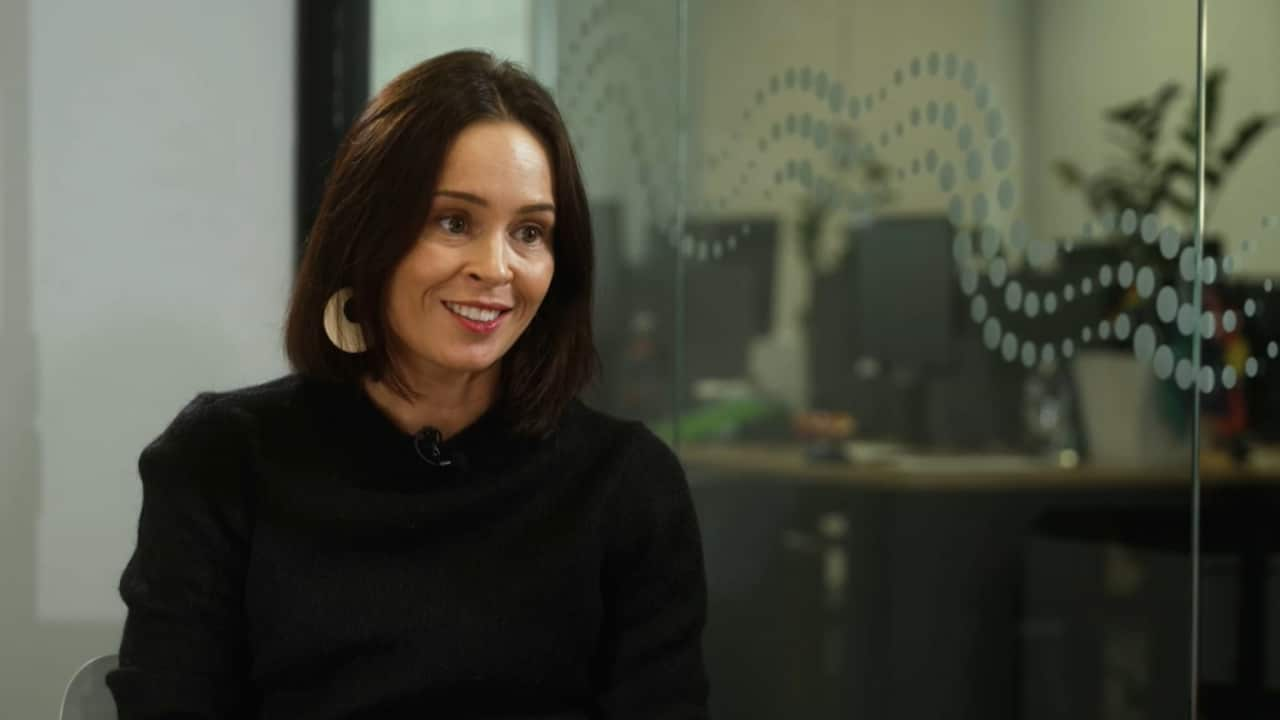
Supply Nation CEO, Kate Russell speaking with Living Black Source: NITV / Living Black
“Fraud” is also the word which Kate Russell, the Chief Executive Officer of Supply Nation, the organisation which registers and certifies Indigenous businesses, uses to condemn “black cladding”.
“We know it’s a real problem,” she told Living Black.
We know it is a stain on the sector. We’ve been working to combat black cladding in many ways. But I will say that I do not think it’s as widespread as we’re led to believe.
Supply Nation wants the definition of an Indigenous business to be at least 51 per cent owned, operated, and controlled by a First Nations person or people.
But who is the real owner?
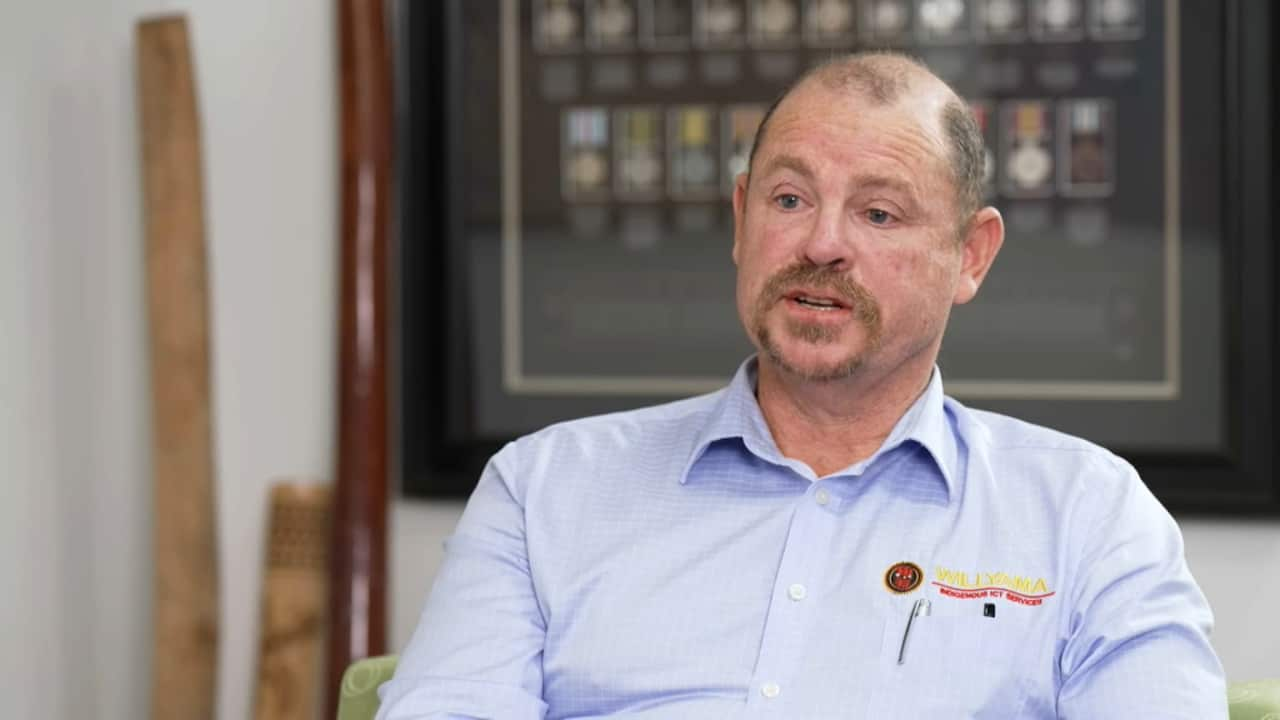
Kieran Hynes of Willyama Indigenous ICT Services speaking to Living Black Source: NITV / Living Black
“There’s been numerous cases where non-Indigenous businesses have had an Indigenous owner that’s been chopped and changed a number of times,” says Kieran Hynes.
Living Black will also be available to stream for free on SBS On Demand and will be subtitled in Arabic, Simplified Chinese, Traditional Chinese, Korean and Vietnamese.
